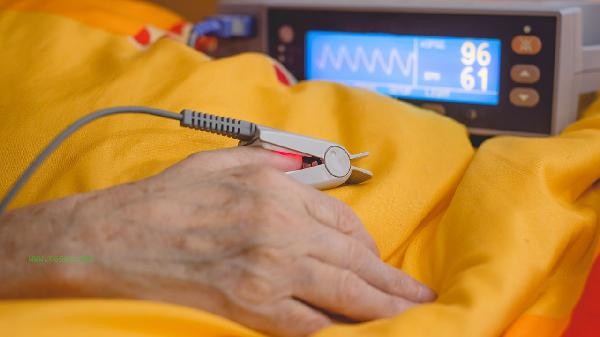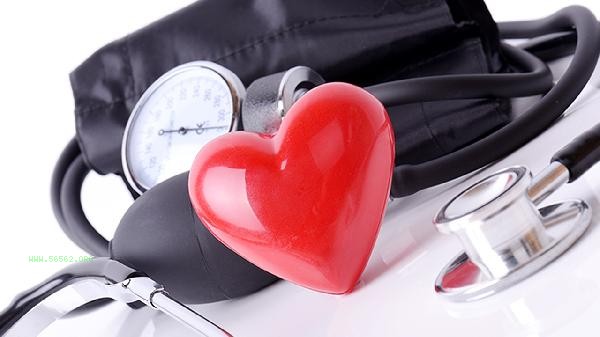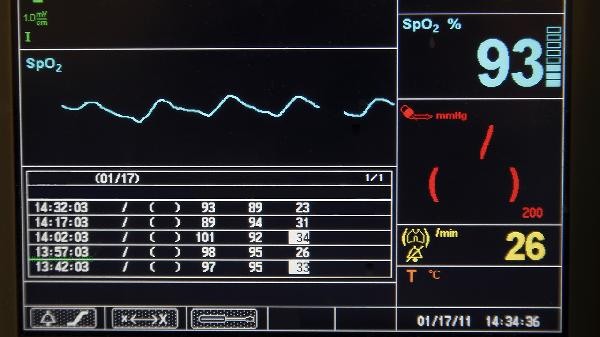Patients with sinus arrhythmia can generally run, but the intensity of exercise needs to be adjusted according to the specific type and symptoms. Sinus arrhythmia may be related to physiological factors such as breathing and emotional fluctuations, as well as pathological factors such as myocarditis and thyroid dysfunction. If sinus arrhythmia is respiratory related or occasional, it usually does not affect moderate intensity exercise such as running. This type of situation is often related to autonomic nervous system regulation, and maintaining even breathing and controlling heart rate within a safe range during exercise is sufficient. It is recommended to choose aerobic exercises such as jogging and interval running to avoid sudden acceleration or high-intensity sprinting. Perform dynamic stretching and heart rate monitoring before and after exercise, and stop immediately if discomfort such as chest tightness or dizziness occurs. If accompanied by symptoms such as palpitations, shortness of breath, or diagnosed with pathological sinus arrhythmia, caution should be exercised when running. Severe exercise may increase the burden on the heart in patients with myocarditis recovery, electrolyte imbalance, or hyperthyroidism. This group of people should develop personalized exercise plans after evaluation by a doctor, and may need to limit their running time or switch to low impact exercises such as brisk walking and swimming. Carry emergency medications such as nitroglycerin during exercise and regularly review electrocardiograms.

Patients with sinus arrhythmia are recommended to undergo cardiac ultrasound and dynamic electrocardiogram examination before running to rule out organic lesions. Avoid caffeine and alcohol intake in daily life and maintain a regular schedule. Wear heart rate monitoring equipment during exercise, control the heart rate within the range of 60% -70% of the maximum heart rate, and exercise 3-4 times a week for no more than 40 minutes each time. If there is persistent palpitations or fatigue after exercise, seek medical attention promptly to adjust the exercise plan.









Comments (0)
Leave a Comment
No comments yet
Be the first to share your thoughts!